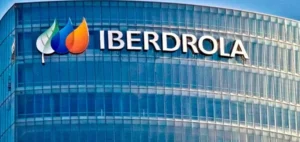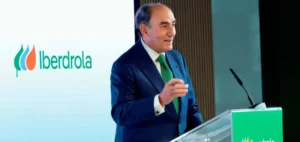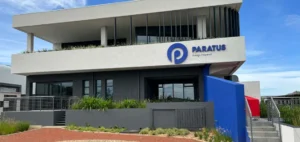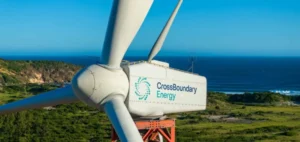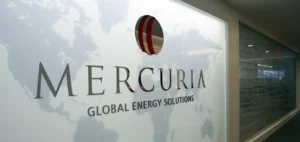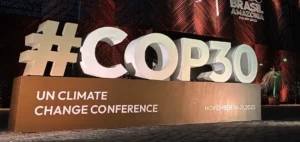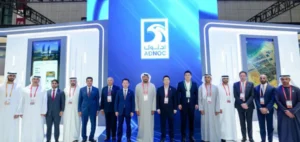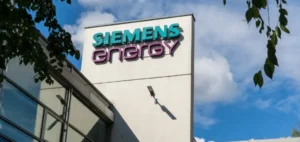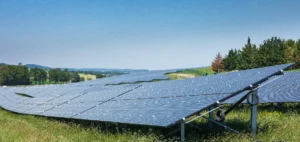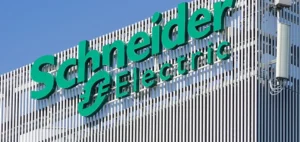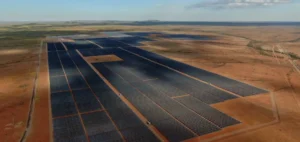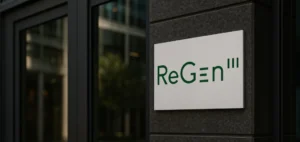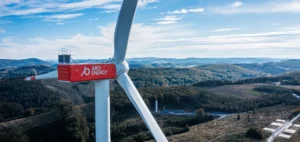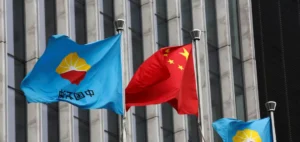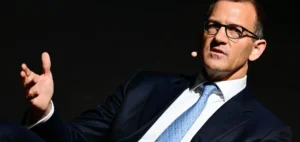The Democratic Republic of Congo (DRC), the world’s leading cobalt producer, is currently revising its policy regarding cobalt hydroxide exports. This review follows the implementation of a temporary ban imposed since last February to address oversupply on the international market due to rapid growth in mining output. As a result of this measure, global cobalt prices rose substantially, nearly doubling between February and May. Despite these outcomes, Congolese authorities now plan to introduce an export quota system to better manage exports, in response to significant fiscal revenue losses from the current ban.
Immediate impact on international markets
Since the export ban was enforced in February, cobalt prices increased from $5.60 to approximately $11.80 per pound, highlighting the immediate impact of the DRC’s restrictions on the global market. However, internal economic effects have been mixed: the DRC experienced a significant reduction in fiscal revenue associated with these exports. This revenue shortfall is now prompting the government to favor an intermediate solution in the form of export quotas to continue benefiting from national resources while maintaining market control. A final decision regarding this measure must be made before June 22, the official expiry date of the current ban.
Major companies active in the sector have reacted differently to the current situation. The Chinese mining group CMOC Group calls for a swift lifting of restrictions, stating that available cobalt stocks in China are steadily decreasing, which might accelerate the shift towards alternatives such as lithium-iron-phosphate (LFP) batteries, which do not contain cobalt. Conversely, the Swiss company Glencore supports a more conservative approach, favoring the implementation of a quota system. This company believes controlled regulation of export volumes will ensure greater economic stability in the global cobalt market.
Potential cooperation with Indonesia
Meanwhile, the DRC is considering cooperation with Indonesia, another key player in the cobalt market, to coordinate the management of these future export quotas. This potential partnership aims to reinforce international price stability, giving both countries stronger negotiating positions in the global strategic metals market. However, the details and scope of such cooperation remain to be clarified, and no official agreement has yet been announced.
The evolution of the global cobalt market will heavily depend on the ability of producers, including the DRC, to anticipate technological and industrial trends, especially in the automotive sector. While demand for cobalt remains strong, the increasing emergence of technologies alternative to strategic metals could profoundly alter current market dynamics. This outlook encourages market participants to closely monitor upcoming political and economic decisions from the DRC regarding cobalt.



